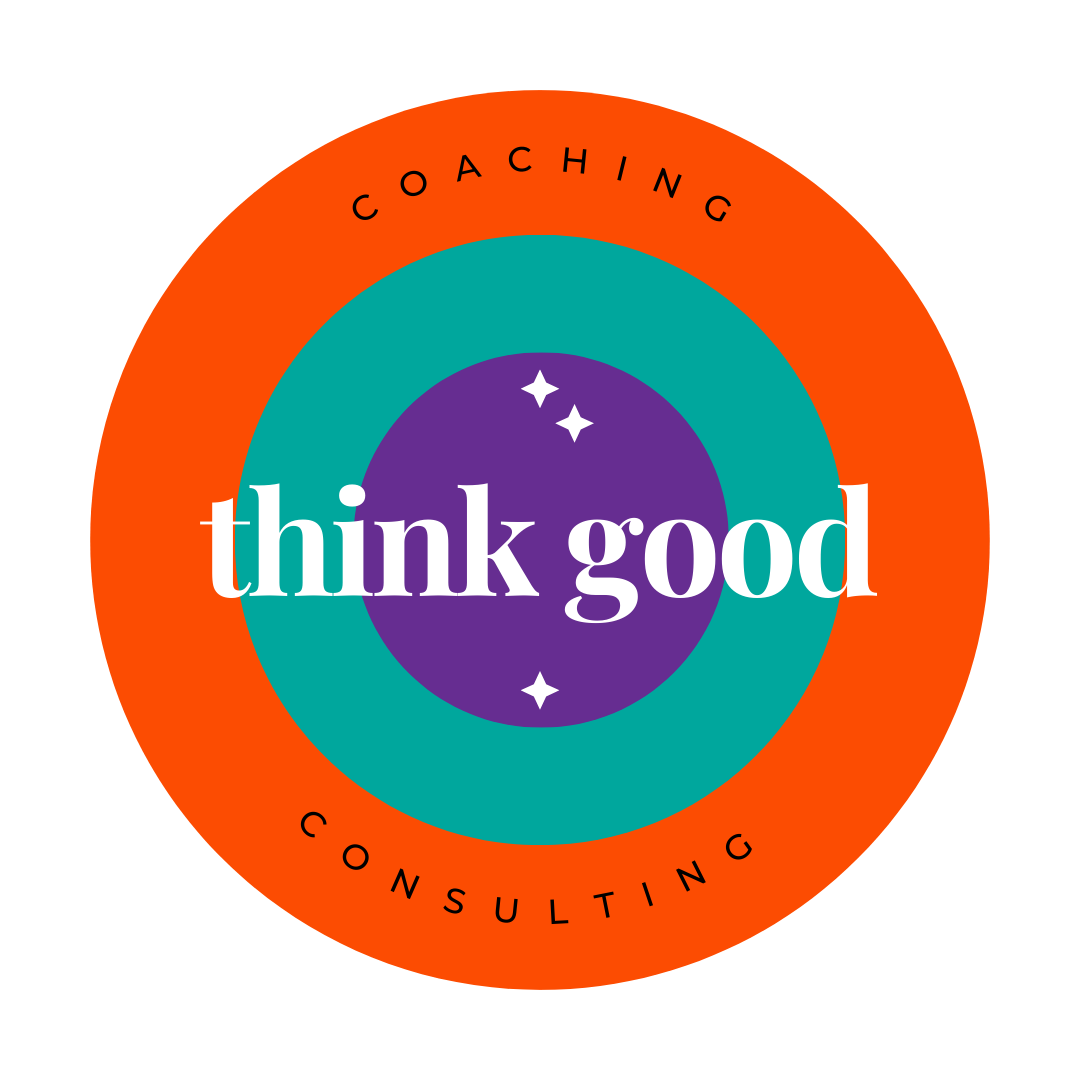“Get Back On Your Horse.” Six Ways to Build Resiliency During COVID
The gifts of our life lessons come to us through powerful storytelling. Stories shape the way we see the world.
In a COVID world, resilience, patience, and flexibility are now key elements of our painful narrative.
My mom was a huge fan of the old saying “get back on the horse.” No matter the crisis, my brother and I learned how to get back on the horse...and quickly. Bad grade... “get back on the horse”, fall off your bike…”get back on the horse” rough break-up, “dust yourself off and get back on the horse”. Resiliency might just be the story of my own book.
The Urban Dictionary defines the expression “Get back on the horse” as follow:
Def. 1 (verb) To attempt the same challenging action after failure. Apparently derived from an old adage: "You have to get back on the horse that threw you."
A recent article in the Harvard Business Review by David Sluss and Edward Rowley, entitled “Build Your Team’s Resilience-From Home.”, provides excellent insight into the topic of getting back on the horse.
“Three protective or facilitating factors” (as psychologists call them) predict whether people will have high resilience:
High levels of confidence in their abilities
Disciplined routines for their work
Social and family reports
Let’s state the obvious here.
When we set our lofty goals in January 2020, we never, in our wildest dreams, could have anticipated that the world would turn upside down. We never expected the role resiliency would play in managing our new normal.
Tips for Building Your Resiliency Muscle
1) Name it and Claim It.
Check-in with yourself every day about your personal energy. The COVID emotional roller-coaster is real.
I am seeing this on a daily basis for myself and my coaching clients. We’ve experienced a rainbow of emotions on a weekly basis. Fear, acceptance, anger, frustration are just a few key descriptors for the roller-coaster ride.
Acknowledge and name how you are feeling every day can build your resiliency muscle.
I use the concept of energy leadership with my coaching clients. There are days when we are just feeling catabolic. We are withdrawing into our cocoons or are fighting for a new normal.
Showing up anabolically allows us to think about acceptance, service, opportunity, growth, and synergy.
By recognizing and naming our fluctuating energy throughout a day, we can choose to show up with a different energy level. This is where a resilient mindset is so powerful.
2) Commit to leading compassionately.
Check-in individually with your team members. On a regular basis. In a personal way. Allow them to express their feelings around this journey. What challenges are they facing working remotely? How can you support them in getting work done? How are they managing the stress of your company's new normal?
3) Express your confidence regularly in others.
Find reasons to catch people making successful pivots. Look how far so many of us have stretched ourselves in the past months. Are we acknowledging this growth in ourselves and others?
4) Engage your entire team (family/office) to build pivot plans.
Ask questions like What’s the next hurdle? How are you going to get over it? Creating a proactive mindset will also build a resiliency mindset.
5) Reward innovative solutions to solving problems.
Whether it's watching your partner figure out how to turn a laundry room into an office or witnessing a team member conquering a new skill...get excited about it!
6) Lead by example by providing access to the resources that increase resilience.
In the previously noted HBR article, the authors state that “a large body of research shows the most effective way to increase resilience at work is through customized individual coaching. They conducted a study of approximately 400 U.S. Navy recruits during boot camp. Researchers learned that recruits that experienced guided conversations with peers|coaches, saw a 20% increase in their resiliency. The control group (no coaching) saw a change of less than 1%. Sad for the control group…
COVID is forcing us to live and lead differently. Never has there been a more important time to be intentional about how we are showing up. As a coach, I can support you, your team and your organization on your resiliency journey. For more information visit my website at www.thethinkgoodcompany.com

